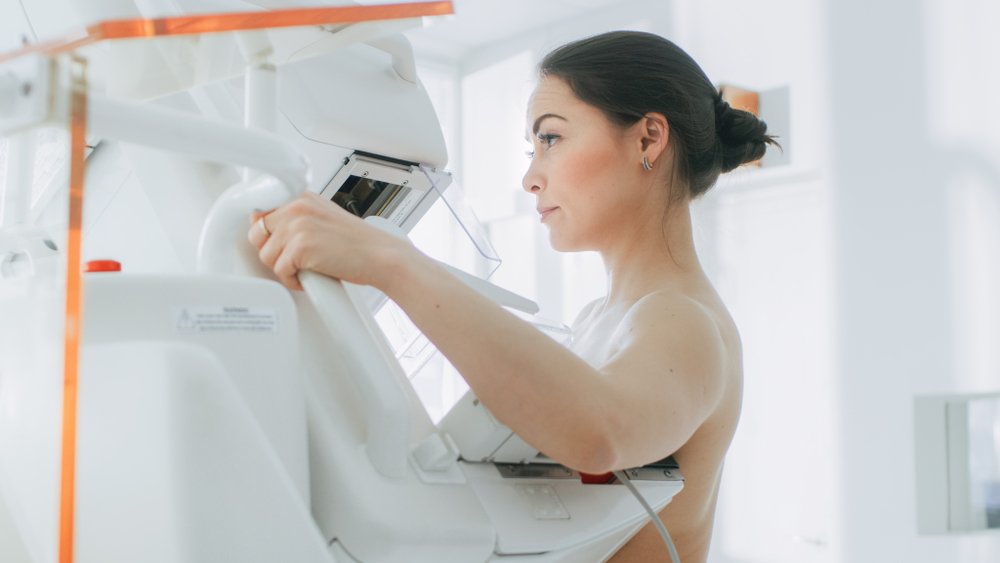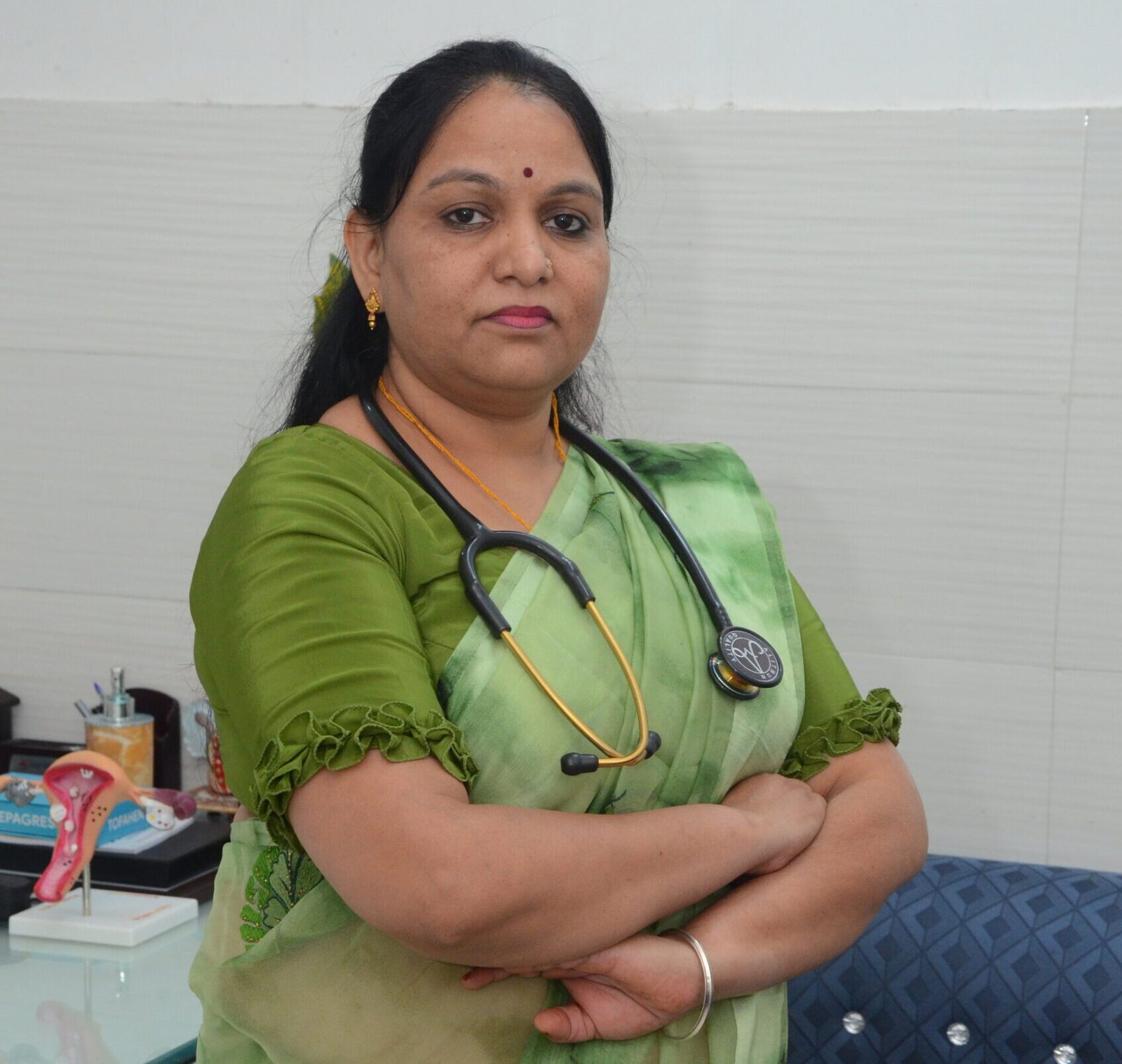Cervical cancer remains a significant health concern for women worldwide. However, with the advancements in medical science, particularly through HPV vaccination and regular cervical screening, the incidence and mortality rates of cervical cancer can be significantly reduced. At Vatsalya Hospital, we are dedicated to providing comprehensive preventive care to protect women from cervical cancer. This blog highlights the importance of HPV vaccination and regular screening in cervical cancer prevention.
Overview of Cervical Cancer and Its Risk Factors
Cervical cancer originates in the cells of the cervix, the lower part of the uterus that connects to the vagina. The primary cause of cervical cancer is persistent infection with high-risk types of human papillomavirus (HPV). Understanding the risk factors associated with cervical cancer is crucial for effective prevention:
High-Risk HPV Types
Certain strains of HPV, particularly HPV 16 and 18, are responsible for the majority of cervical cancer cases. These strains can cause cellular changes that may develop into cancer over time.
Other Risk Factors
- Smoking: Women who smoke are at a higher risk of developing cervical cancer.
- Weakened Immune System: Conditions such as HIV/AIDS or the use of immunosuppressive medications can increase susceptibility to HPV infection.
- Multiple Sexual Partners: Having multiple sexual partners increases the risk of HPV infection.
- Early Sexual Activity: Early onset of sexual activity can increase the likelihood of HPV infection.
- Long-term Use of Oral Contraceptives: Extended use of birth control pills may slightly increase the risk of cervical cancer.
The Importance of the HPV Vaccine in Prevention
The HPV vaccine is a powerful tool in the fight against cervical cancer. It works by protecting against the most common high-risk types of HPV that cause cervical cancer. Here’s why the HPV vaccine is vital:
Highly Effective
The HPV vaccine is highly effective in preventing infections with HPV types 16 and 18, which are responsible for approximately 70% of cervical cancer cases.
Early Vaccination
The vaccine is most effective when administered before individuals become sexually active, typically recommended for preteens (both boys and girls) around 11-12 years of age. However, catch-up vaccinations are also recommended for older teens and young adults who missed the initial vaccination.
Vatsalya Hospital’s Approach to Cervical Cancer Prevention
At Vatsalya Hospital, we are committed to reducing the incidence of cervical cancer through comprehensive prevention strategies. Our approach includes:
HPV Vaccination:
We offer HPV vaccination for preteens, teens, and young adults, emphasizing the importance of early vaccination for maximum protection.
Regular Screening:
- Routine Screenings: We provide regular cervical screening services, including Pap smears and HPV tests, to detect precancerous changes early.
- Personalized Care Plans: Our healthcare providers develop personalized screening schedules based on individual risk factors and health history.
Conclusion
Cervical cancer is largely preventable through HPV vaccination and regular screening. At Vatsalya Hospital, we are dedicated to providing the highest standard of care to protect women from cervical cancer. By promoting vaccination, encouraging regular screenings, and offering comprehensive education and support, we aim to reduce the incidence and impact of cervical cancer in our community. If you have any questions about HPV vaccination or cervical screening, or if you need to schedule an appointment, please contact us. Your health and well-being are our top priorities.


